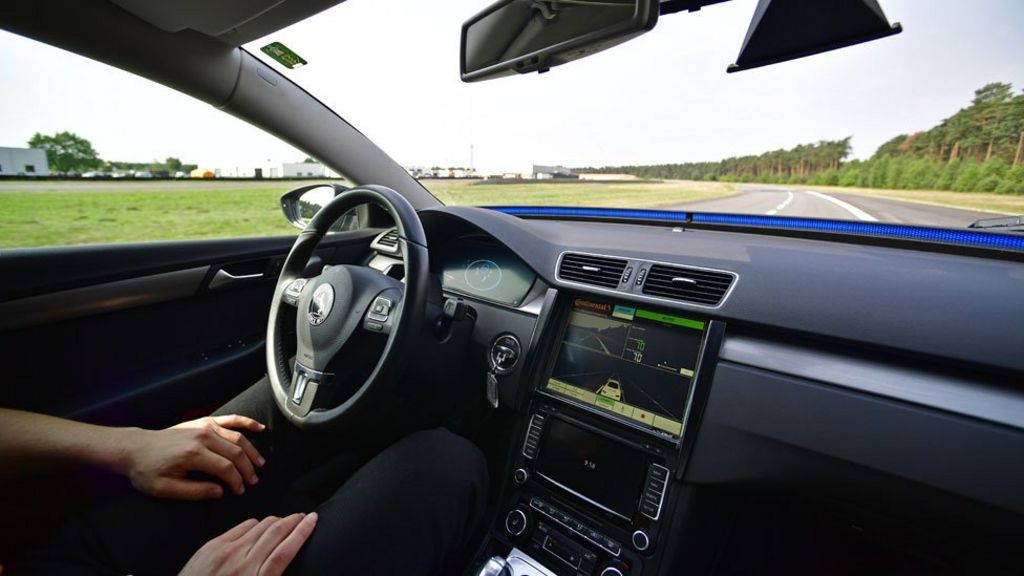Drink-drive Rules 'need Updating For Autonomous Car Era'

 Image copyright
BBC Sport
Image copyright
BBC Sport
Drivers under the influence of alcohol or drugs should be exempt from drink-drive laws if they are using autonomous cars, an Australian report has suggested.
The National Transport Commission (NTC) has recommended the change, comparing it to someone getting into a taxi.
Current laws could be a "barrier" to the adoption of such vehicles, it said.
Many countries are considering updates to the laws of the road to accommodate autonomous vehicles.
The NTC has been tasked with looking at the legislative changes necessary as self-drive vehicles become common on Australia's roads.
Such cars have already been trialled in the country, and commercial rollouts are expected by 2020.
The report considers many aspects of the law changes necessary to accommodate such vehicles, but one of the key issues it addresses is deciding who would be responsible - the person in the vehicle or the autonomous driving system (ADS) that is operating it.
"The NTC believes that the introduction of automated vehicles will have overall safety benefits for the road network by reducing the risk of human error," the report says.
"Enabling people to use an automated vehicle to drive them home despite having consumed alcohol has the potential to improve road-safety outcomes by reducing the incidence of drink-driving."
It does not recommend drivers under the influence of alcohol or drugs be exempt if they are in semi-autonomous vehicles or cars that allow a switch-over to manual driving.
Ben Gardner, an associate at law firm Pinsent Masons, said that the technology had a long way to go before such changes would become necessary.
"The technology is not quite there for full autonomous vehicles and, as long as we require a human to gain control if needed, it would not be right for them to get drunk," he said.
A recent report from Pew Research indicated 87% of US adults favoured policies that would see a person in the driver's seat who could take control of an autonomous vehicle if needed.
And 83% thought such vehicles should travel in dedicated lanes.
From Chip War To Cloud War: The Next Frontier In Global Tech Competition
The global chip war, characterized by intense competition among nations and corporations for supremacy in semiconductor ... Read more
The High Stakes Of Tech Regulation: Security Risks And Market Dynamics
The influence of tech giants in the global economy continues to grow, raising crucial questions about how to balance sec... Read more
The Tyranny Of Instagram Interiors: Why It's Time To Break Free From Algorithm-Driven Aesthetics
Instagram has become a dominant force in shaping interior design trends, offering a seemingly endless stream of inspirat... Read more
The Data Crunch In AI: Strategies For Sustainability
Exploring solutions to the imminent exhaustion of internet data for AI training.As the artificial intelligence (AI) indu... Read more
Google Abandons Four-Year Effort To Remove Cookies From Chrome Browser
After four years of dedicated effort, Google has decided to abandon its plan to remove third-party cookies from its Chro... Read more
LinkedIn Embraces AI And Gamification To Drive User Engagement And Revenue
In an effort to tackle slowing revenue growth and enhance user engagement, LinkedIn is turning to artificial intelligenc... Read more

